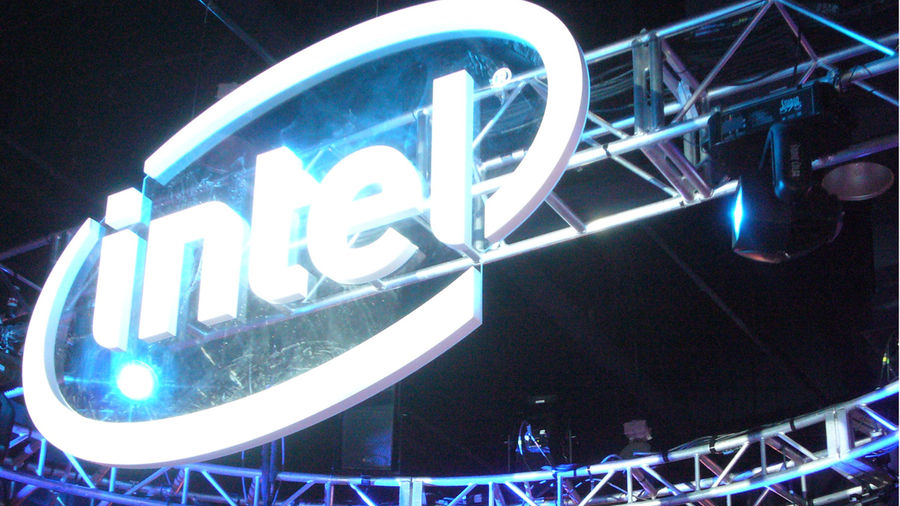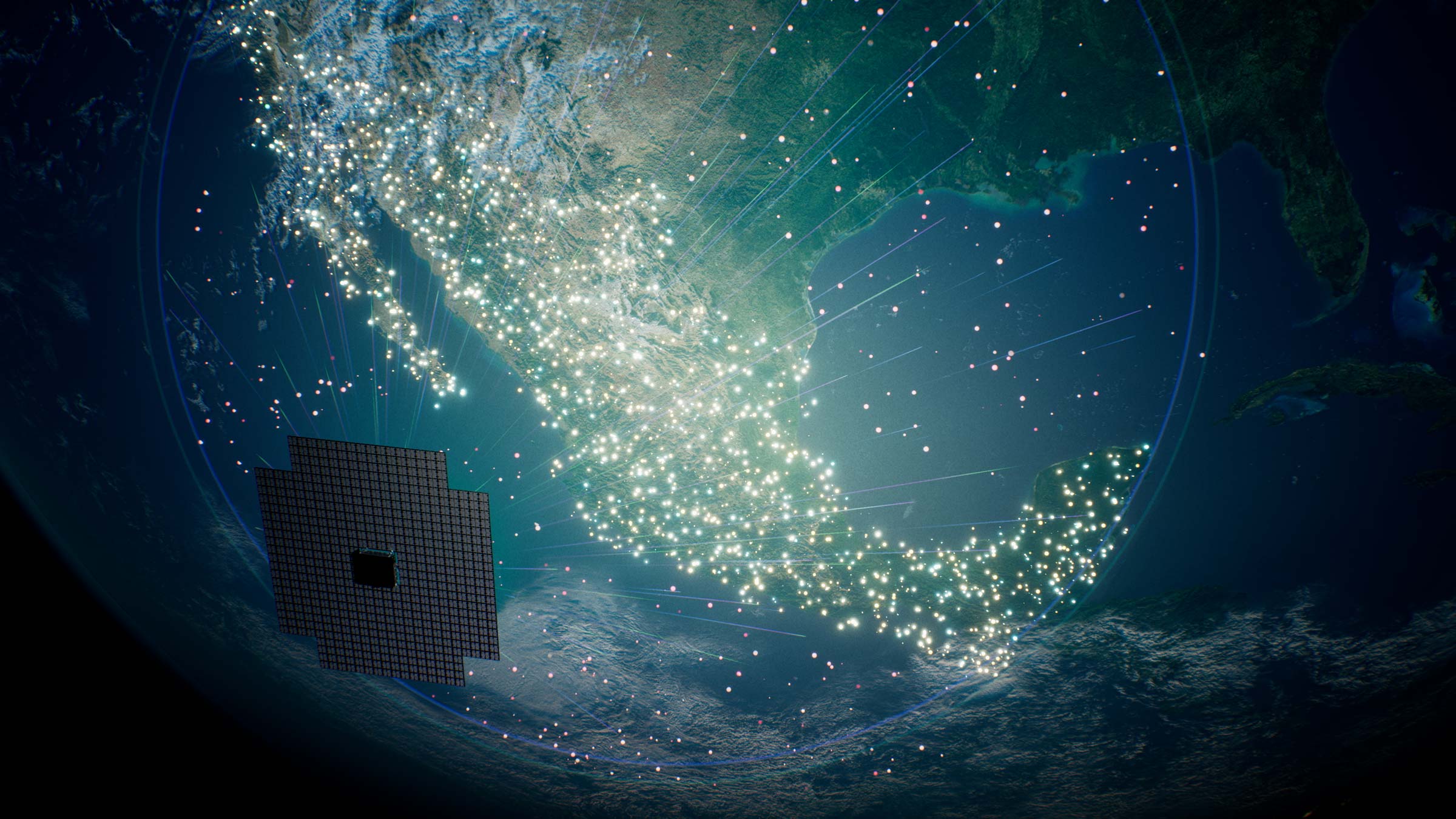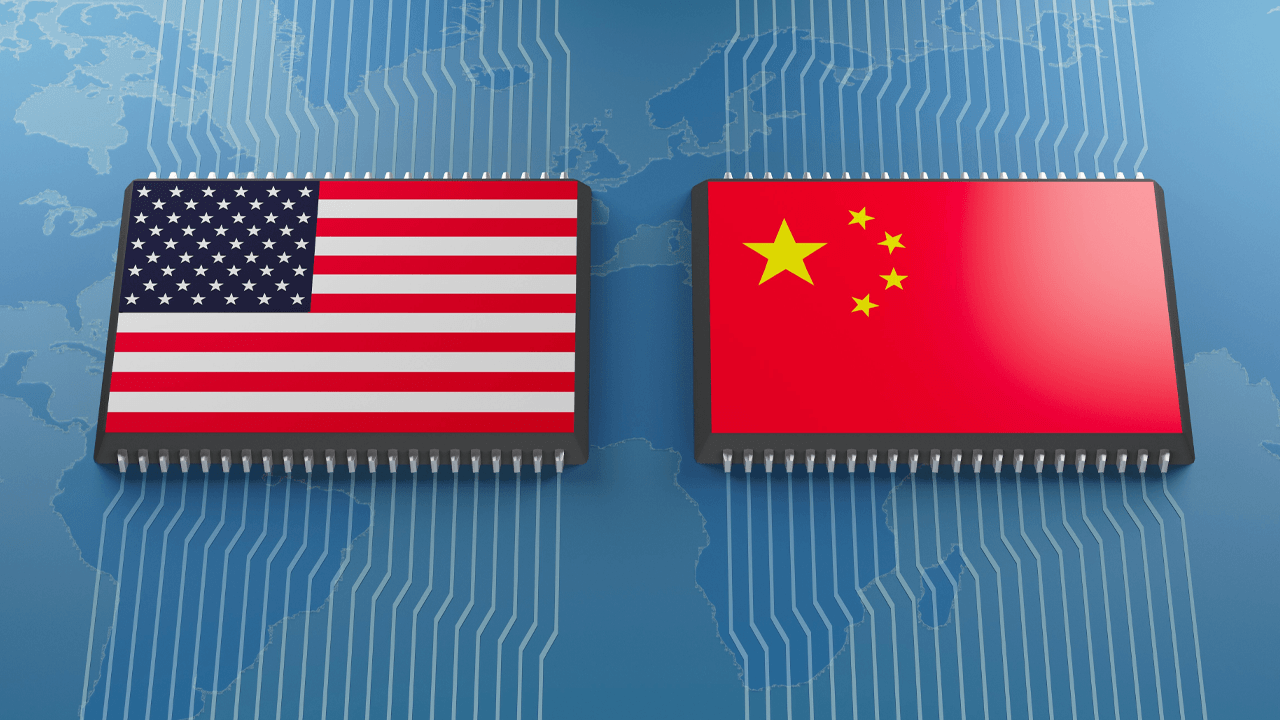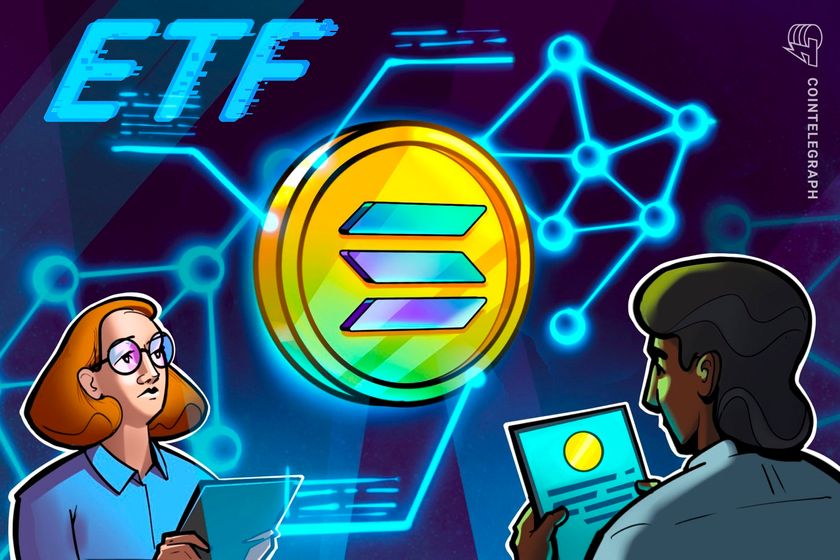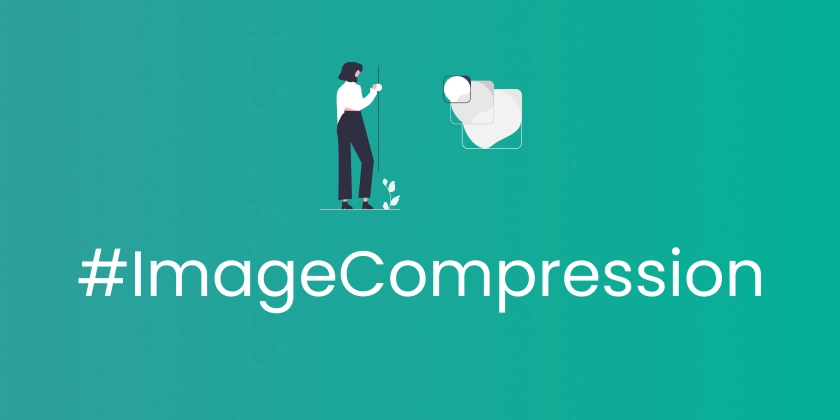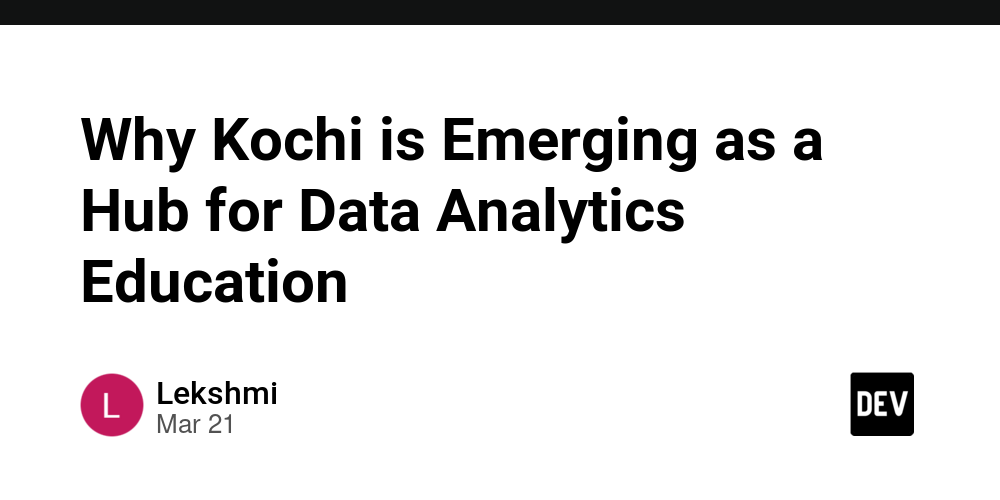Google Unveils Agent2Agent Protocol for Next-Gen AI Collaboration
Originally published at ssojet Google has released the Agent2Agent (A2A) Protocol, an open-source specification designed for AI agents to communicate and collaborate seamlessly. This initiative has garnered participation from over 50 technology partners, including Salesforce, Atlassian, and LangChain, aiming to establish a new interoperability standard for AI agents across different frameworks and vendors. The protocol was introduced at the recent Google Cloud Next conference. A2A serves as a complement to Anthropic's Model Context Protocol (MCP) and establishes a client-server relationship between AI agents. A2A distinguishes itself by allowing agents to act autonomously rather than merely as tools. This is significant because it enhances the potential for agents to solve complex problems independently. Google emphasizes that the A2A protocol will enable agents to collaborate effectively, thus revolutionizing how AI systems operate within enterprises. Agent Building Tools in Vertex AI Google's introduction of new tools for building and managing multi-agent ecosystems through Vertex AI is a pivotal move for enterprises. The Agent Development Kit (ADK) is a notable feature, providing an open-source framework that allows users to create AI agents with fewer than 100 lines of code. This framework supports Python and integrates with the AI capabilities of Vertex AI. Additionally, Google's Agent Engine facilitates the deployment of agents across different frameworks. It connects to Agentspace, a tool that enhances search capabilities and integrates AI agents with organizational data. This integration allows for better data understanding and task automation, essential for enterprises aiming to improve operational efficiency. Google’s focus on agent interoperability through A2A and ADK aligns with the emerging trend of autonomous decision-making in AI. As enterprises adopt these technologies, they can leverage features like single sign-on (SSO) and multi-factor authentication (MFA) to enhance security in their agent-based systems. SSOJet's API-first platform can implement secure SSO and user management, providing directory sync, SAML, OIDC, and magic link authentication. Advancements in AI Reasoning with Gemini Google's enhancements to its Gemini 2.5 models include a new workhorse model, Gemini 2.5 Flash, which is optimized for low latency and cost reduction. This model features dynamic reasoning capabilities, allowing it to adjust processing time based on query complexity. The introduction of the Vertex AI Model Optimizer aims to assist enterprises in selecting the most suitable model for their tasks, thereby minimizing errors related to improper model application. Google’s commitment to providing robust tools for enterprises not only enhances operational efficiency but also integrates security features essential for managing AI-driven environments. Preparing for AGI Google DeepMind has issued a call for urgent planning regarding the safety of artificial general intelligence (AGI). In a recent paper, researchers suggest that AGI could be achievable by 2030, necessitating proactive measures to ensure these systems do not pose risks to humanity. The paper outlines four primary areas of concern: deliberate misuse, misalignment, accidental harm, and structural risks. Google emphasizes the need for both regulation and developer accountability to mitigate these risks as AI technology continues to advance rapidly. Google's focus on safety and regulation echoes the sentiments of experts who advocate for responsible AI deployment. As organizations explore the potential of agentic AI, incorporating security frameworks like those offered by SSOJet can help ensure that these powerful systems operate within safe parameters. Agentic AI Transforming Industries The rise of agentic AI is set to transform various industries, with significant implications for sectors such as healthcare, finance, logistics, and manufacturing. For instance, agentic AI can enhance care coordination in healthcare, optimize supply chains in logistics, and improve fraud detection in finance. Prominent companies like UiPath, Zoom, NVIDIA, and Microsoft are leading this charge, developing AI solutions that automate complex tasks and improve operational efficiencies. As industries adopt these technologies, the demand for secure authentication mechanisms will increase. SSOJet provides solutions that enable enterprises to implement secure SSO and user management, ensuring that agentic AI systems operate securely and efficiently. Explore how SSOJet can enhance your enterprise's security and efficiency by visiting ssojet.com today.

Originally published at ssojet
Google has released the Agent2Agent (A2A) Protocol, an open-source specification designed for AI agents to communicate and collaborate seamlessly. This initiative has garnered participation from over 50 technology partners, including Salesforce, Atlassian, and LangChain, aiming to establish a new interoperability standard for AI agents across different frameworks and vendors.
The protocol was introduced at the recent Google Cloud Next conference. A2A serves as a complement to Anthropic's Model Context Protocol (MCP) and establishes a client-server relationship between AI agents.
A2A distinguishes itself by allowing agents to act autonomously rather than merely as tools. This is significant because it enhances the potential for agents to solve complex problems independently. Google emphasizes that the A2A protocol will enable agents to collaborate effectively, thus revolutionizing how AI systems operate within enterprises.
Agent Building Tools in Vertex AI
Google's introduction of new tools for building and managing multi-agent ecosystems through Vertex AI is a pivotal move for enterprises. The Agent Development Kit (ADK) is a notable feature, providing an open-source framework that allows users to create AI agents with fewer than 100 lines of code. This framework supports Python and integrates with the AI capabilities of Vertex AI.
Additionally, Google's Agent Engine facilitates the deployment of agents across different frameworks. It connects to Agentspace, a tool that enhances search capabilities and integrates AI agents with organizational data. This integration allows for better data understanding and task automation, essential for enterprises aiming to improve operational efficiency.
Google’s focus on agent interoperability through A2A and ADK aligns with the emerging trend of autonomous decision-making in AI. As enterprises adopt these technologies, they can leverage features like single sign-on (SSO) and multi-factor authentication (MFA) to enhance security in their agent-based systems. SSOJet's API-first platform can implement secure SSO and user management, providing directory sync, SAML, OIDC, and magic link authentication.
Advancements in AI Reasoning with Gemini
Google's enhancements to its Gemini 2.5 models include a new workhorse model, Gemini 2.5 Flash, which is optimized for low latency and cost reduction. This model features dynamic reasoning capabilities, allowing it to adjust processing time based on query complexity.
The introduction of the Vertex AI Model Optimizer aims to assist enterprises in selecting the most suitable model for their tasks, thereby minimizing errors related to improper model application. Google’s commitment to providing robust tools for enterprises not only enhances operational efficiency but also integrates security features essential for managing AI-driven environments.
Preparing for AGI
Google DeepMind has issued a call for urgent planning regarding the safety of artificial general intelligence (AGI). In a recent paper, researchers suggest that AGI could be achievable by 2030, necessitating proactive measures to ensure these systems do not pose risks to humanity.
The paper outlines four primary areas of concern: deliberate misuse, misalignment, accidental harm, and structural risks. Google emphasizes the need for both regulation and developer accountability to mitigate these risks as AI technology continues to advance rapidly.
Google's focus on safety and regulation echoes the sentiments of experts who advocate for responsible AI deployment. As organizations explore the potential of agentic AI, incorporating security frameworks like those offered by SSOJet can help ensure that these powerful systems operate within safe parameters.
Agentic AI Transforming Industries
The rise of agentic AI is set to transform various industries, with significant implications for sectors such as healthcare, finance, logistics, and manufacturing. For instance, agentic AI can enhance care coordination in healthcare, optimize supply chains in logistics, and improve fraud detection in finance.
Prominent companies like UiPath, Zoom, NVIDIA, and Microsoft are leading this charge, developing AI solutions that automate complex tasks and improve operational efficiencies.
As industries adopt these technologies, the demand for secure authentication mechanisms will increase. SSOJet provides solutions that enable enterprises to implement secure SSO and user management, ensuring that agentic AI systems operate securely and efficiently.
Explore how SSOJet can enhance your enterprise's security and efficiency by visiting ssojet.com today.
















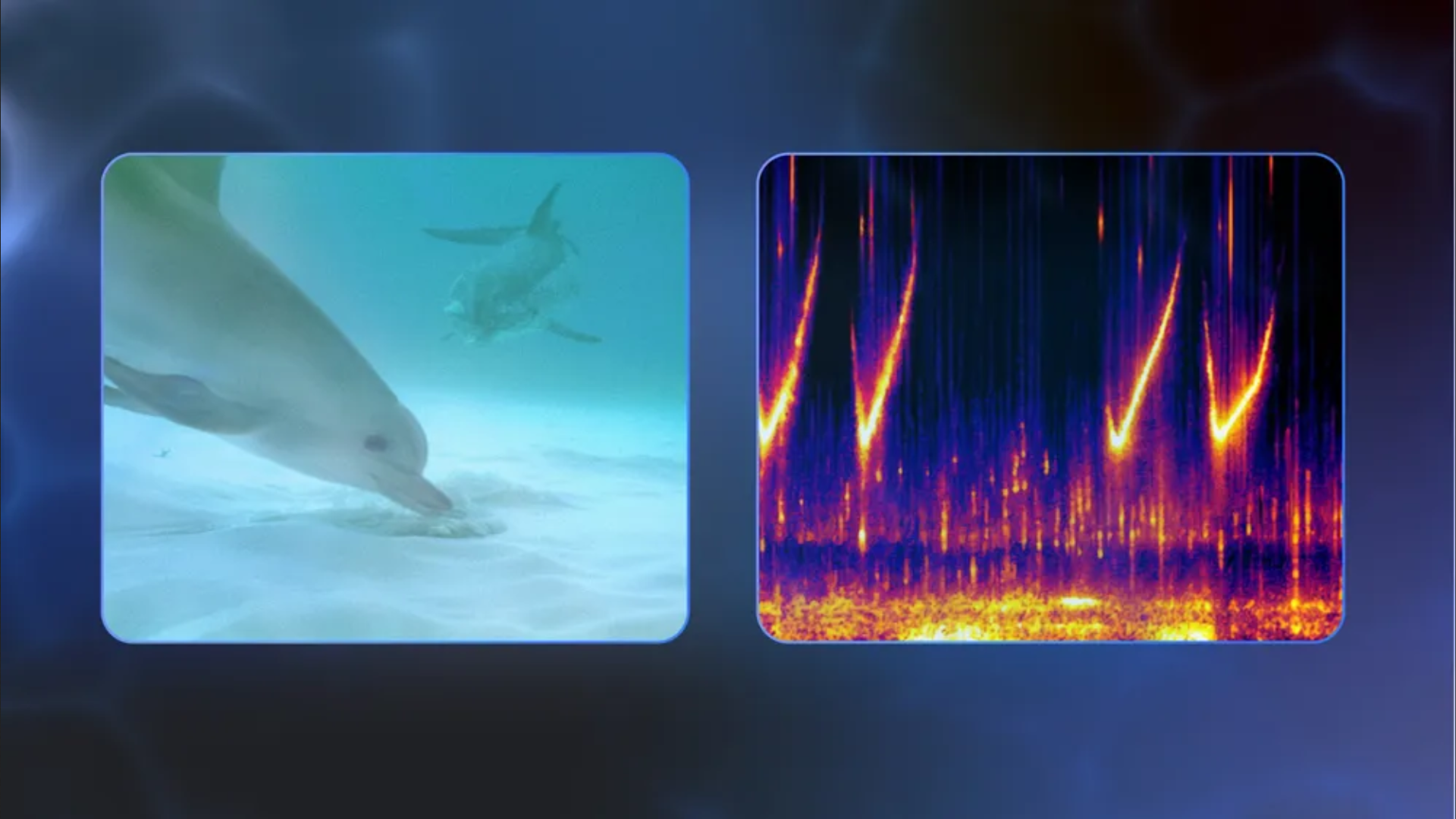

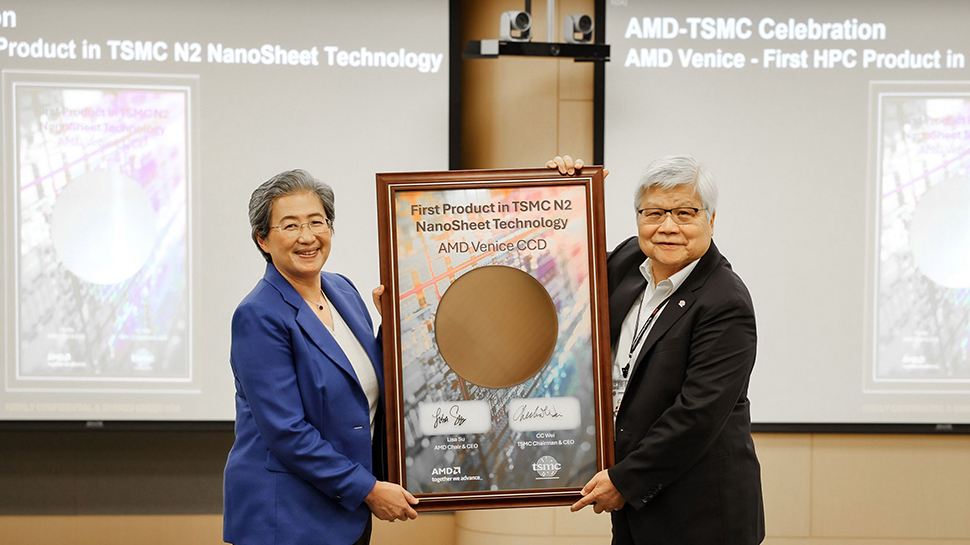




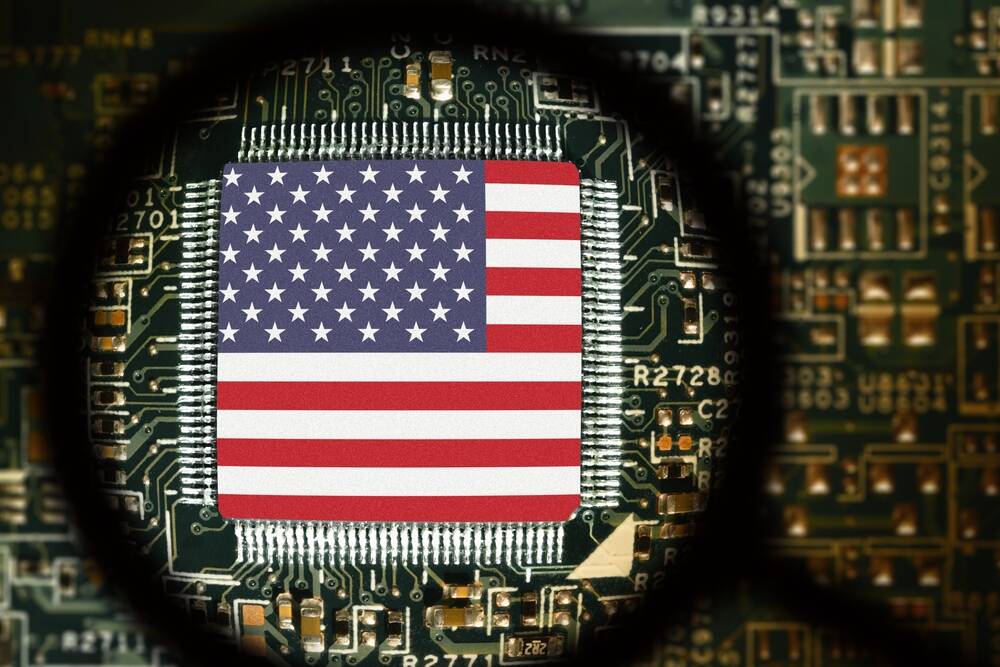


















































































































































![[The AI Show Episode 144]: ChatGPT’s New Memory, Shopify CEO’s Leaked “AI First” Memo, Google Cloud Next Releases, o3 and o4-mini Coming Soon & Llama 4’s Rocky Launch](https://www.marketingaiinstitute.com/hubfs/ep%20144%20cover.png)














































































































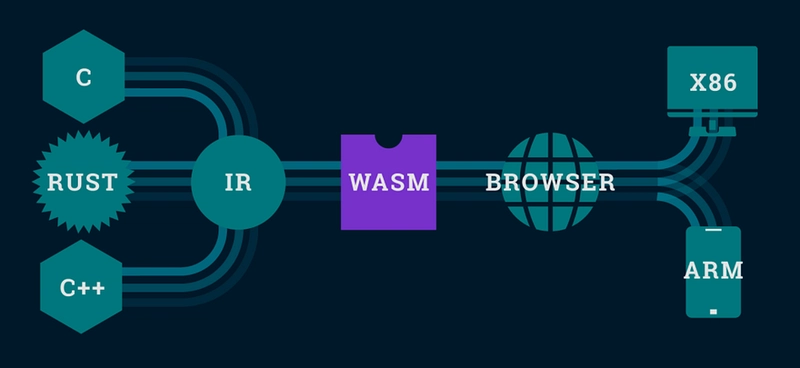

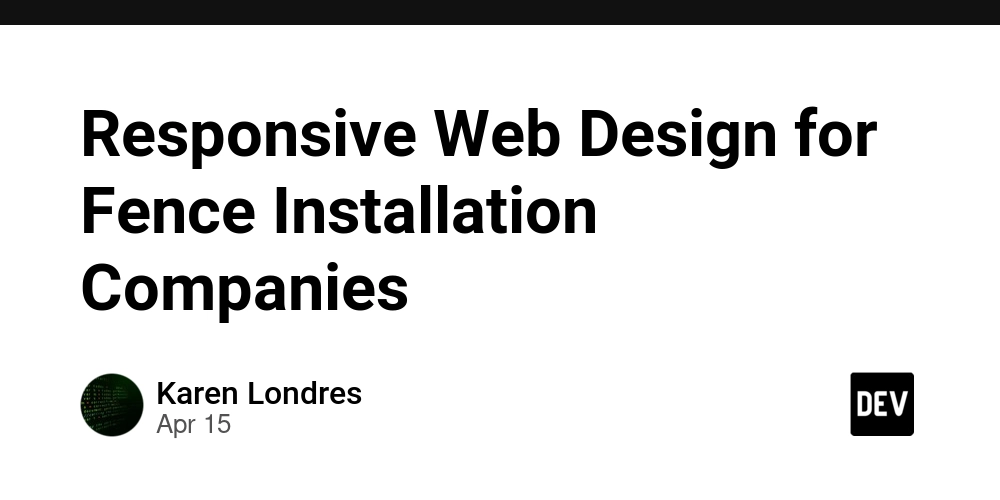
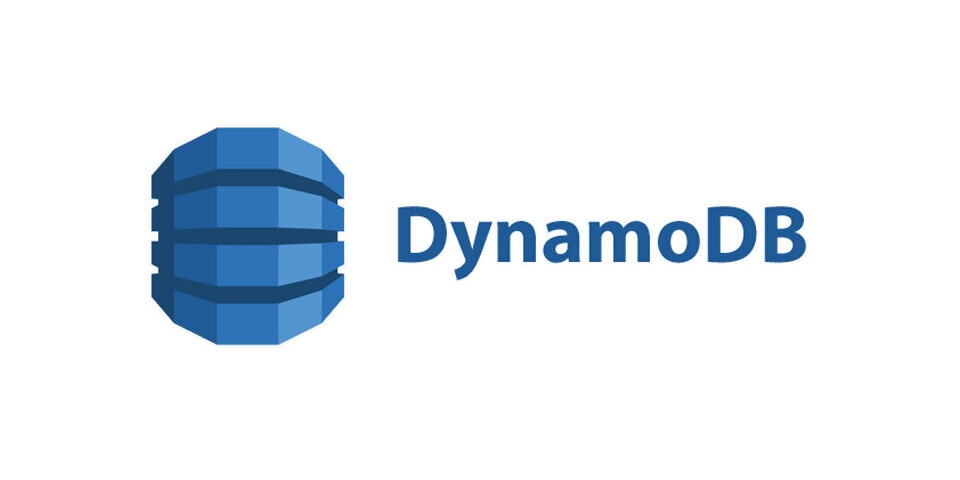






























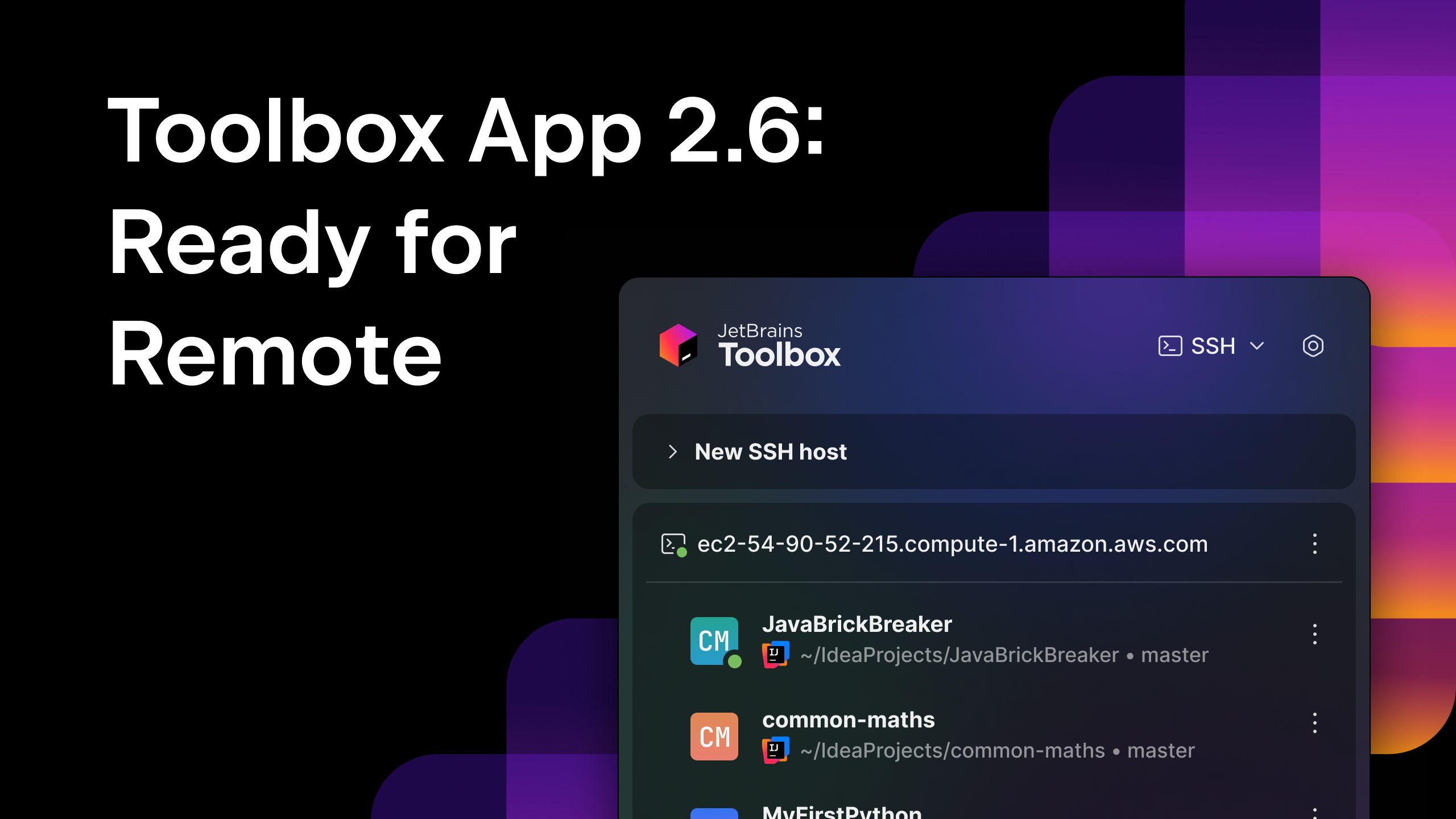





















































![Blue Archive tier list [April 2025]](https://media.pocketgamer.com/artwork/na-33404-1636469504/blue-archive-screenshot-2.jpg?#)
































.png?#)










-Baldur’s-Gate-3-The-Final-Patch---An-Animated-Short-00-03-43.png?width=1920&height=1920&fit=bounds&quality=70&format=jpg&auto=webp#)









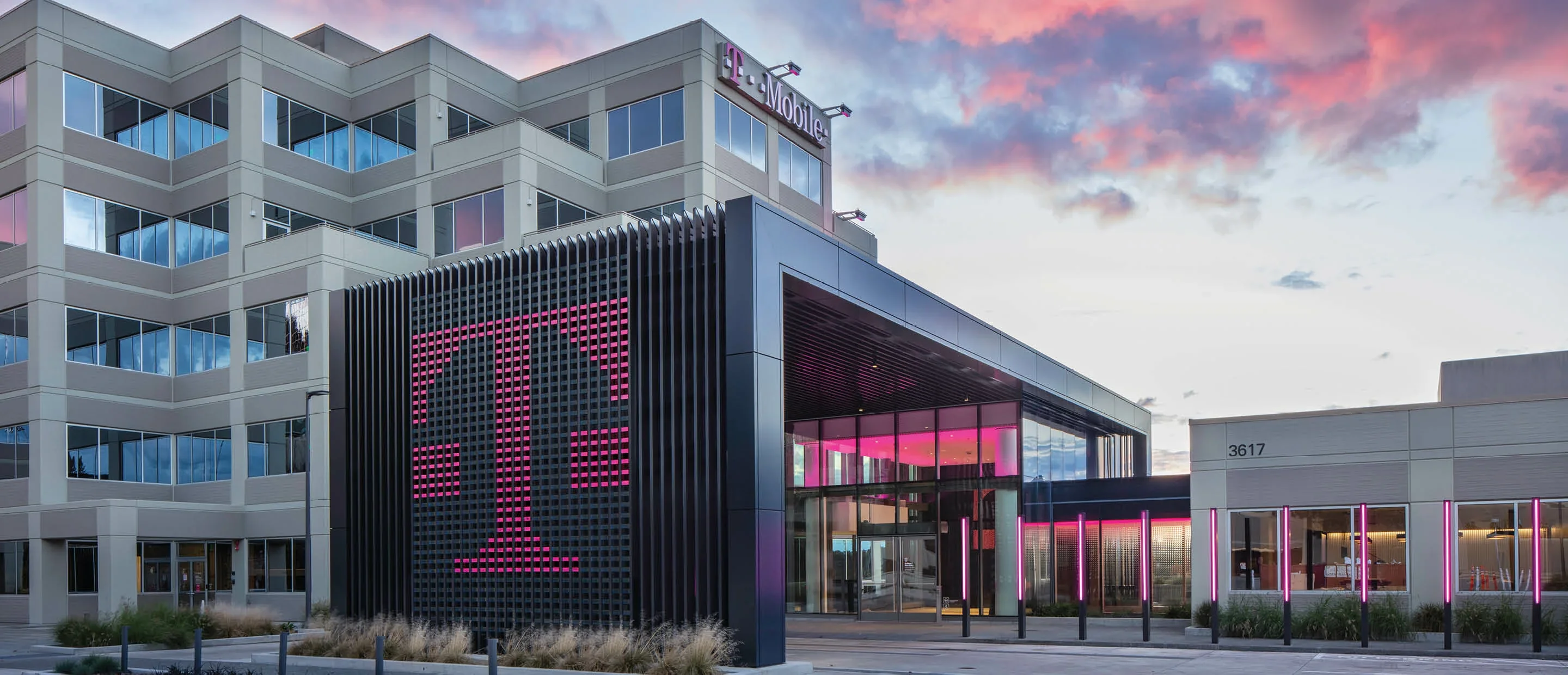

![Nanoleaf Announces New Pegboard Desk Dock With Dual-Sided Lighting [Video]](https://www.iclarified.com/images/news/97030/97030/97030-640.jpg)
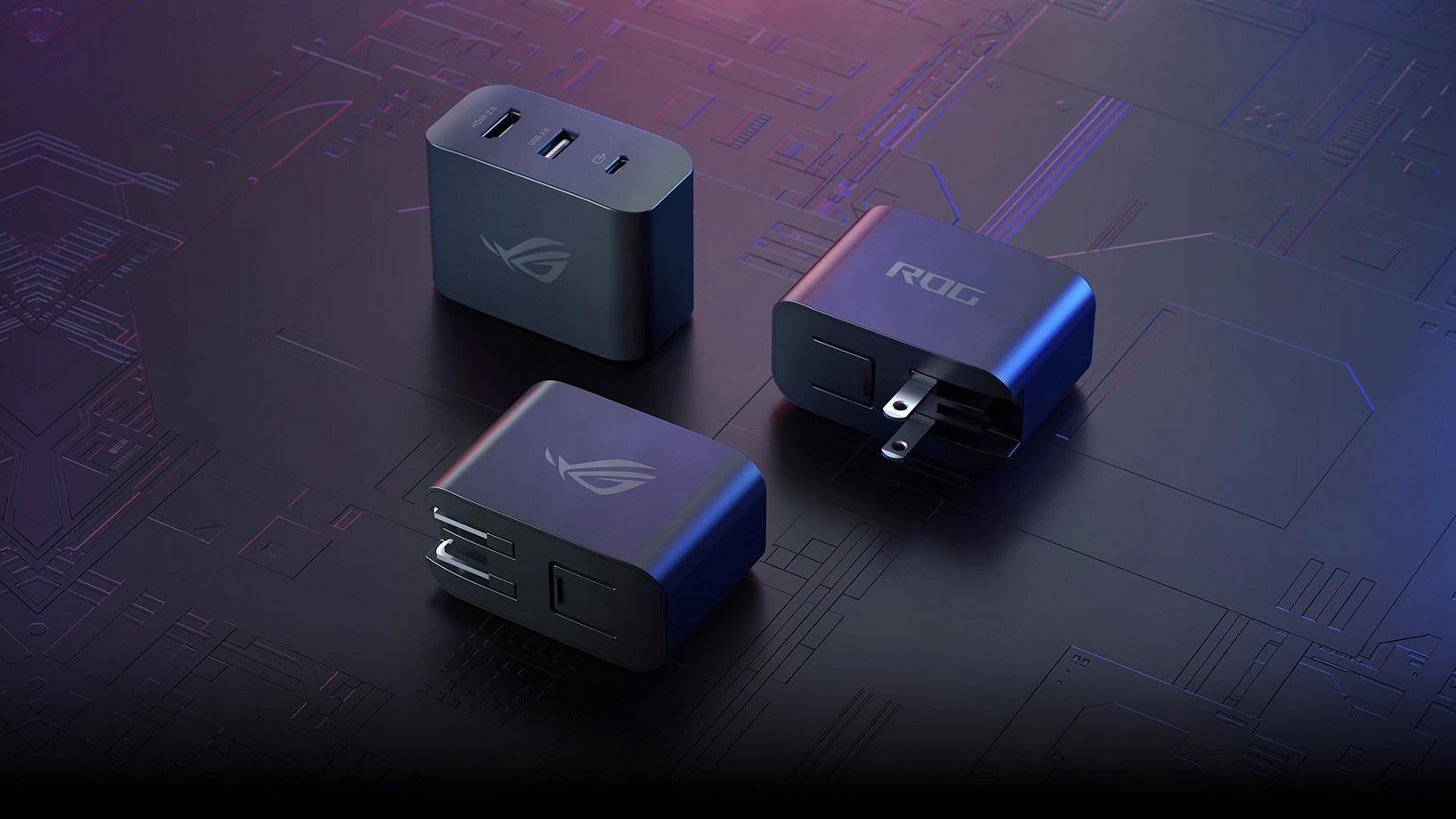










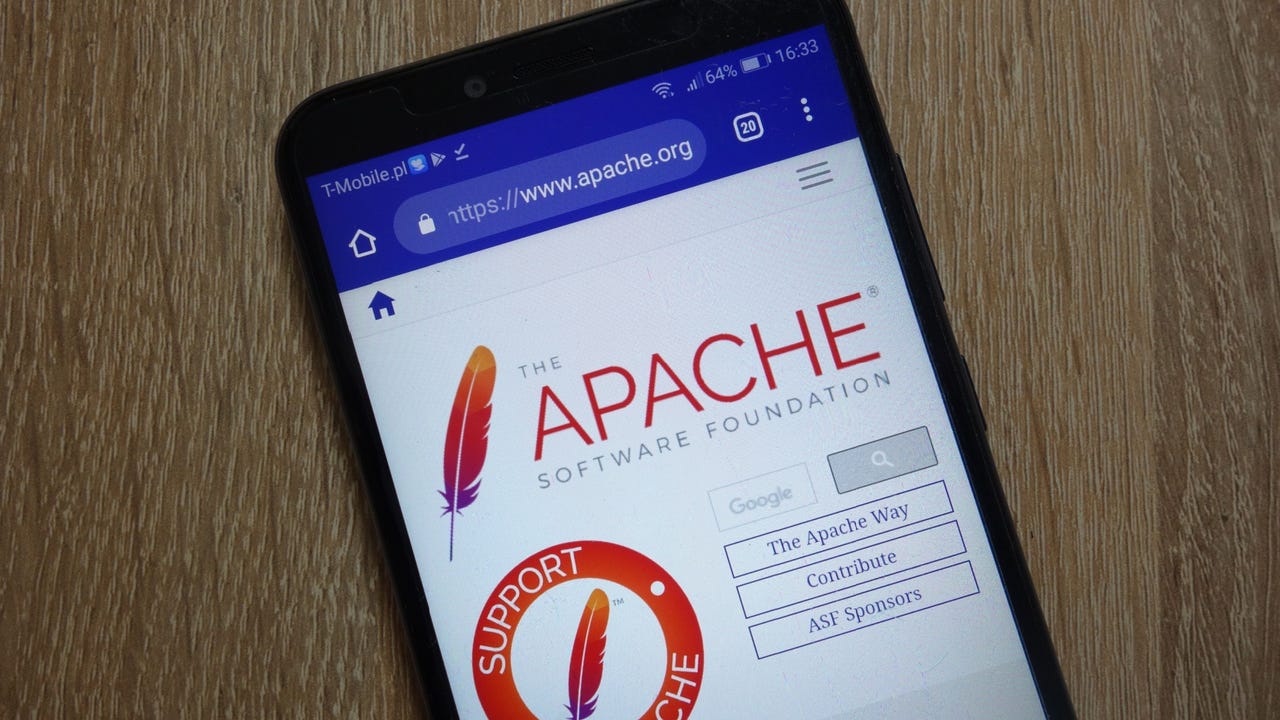






















































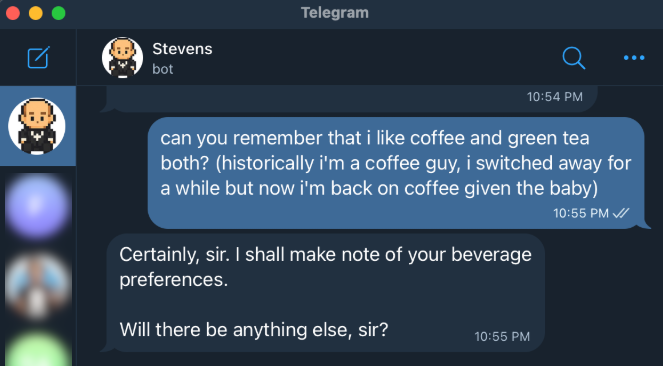
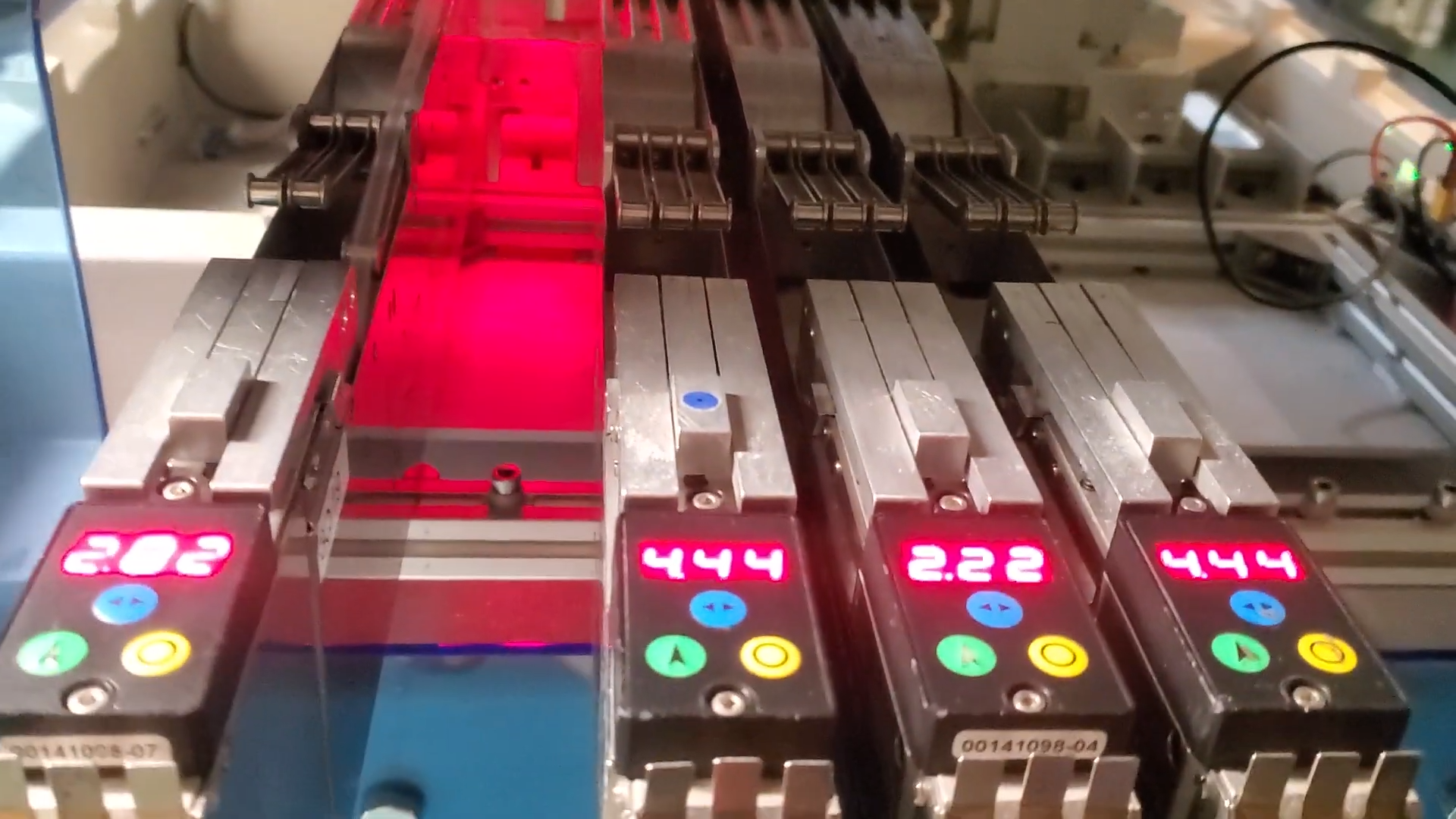

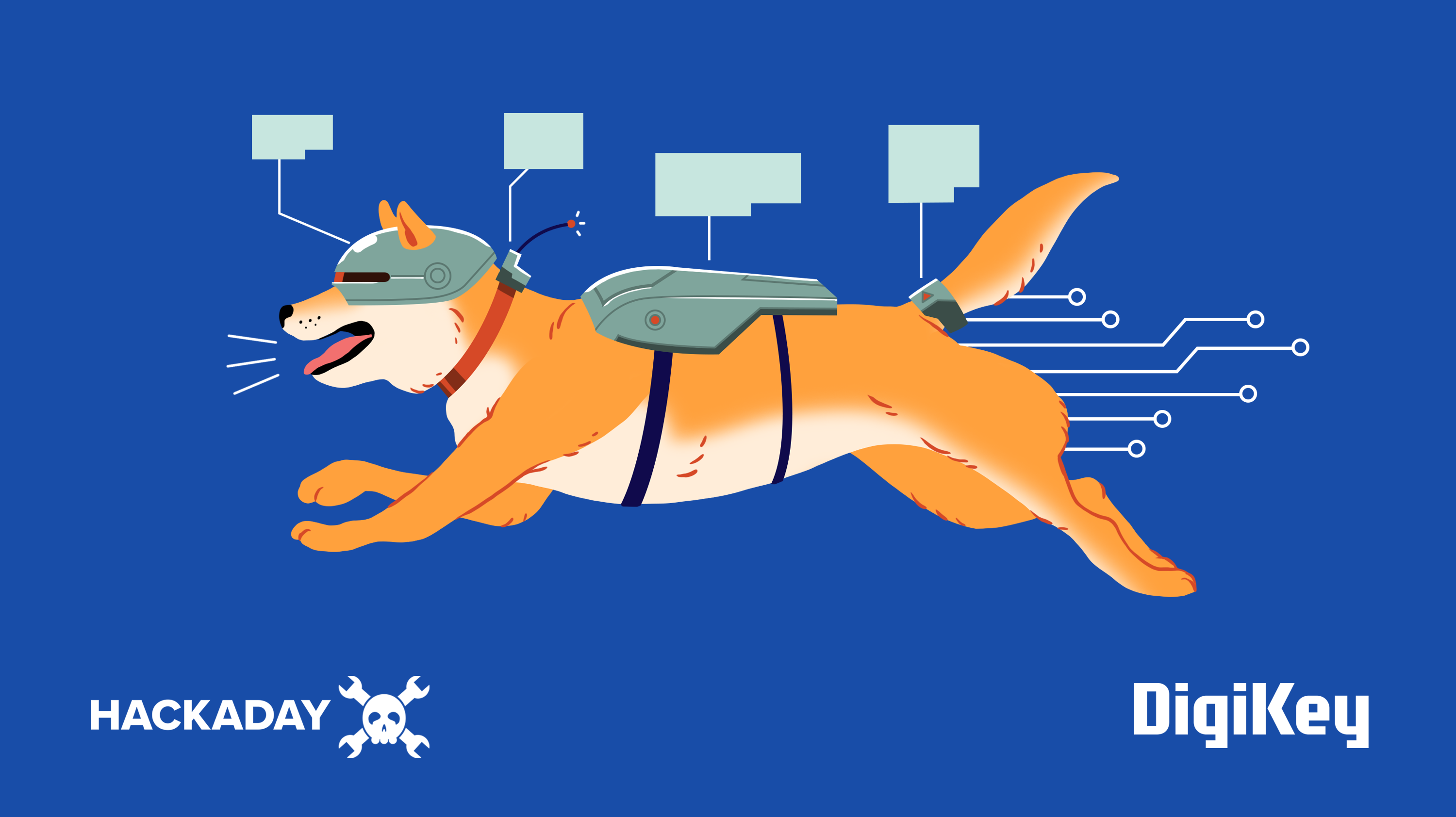




















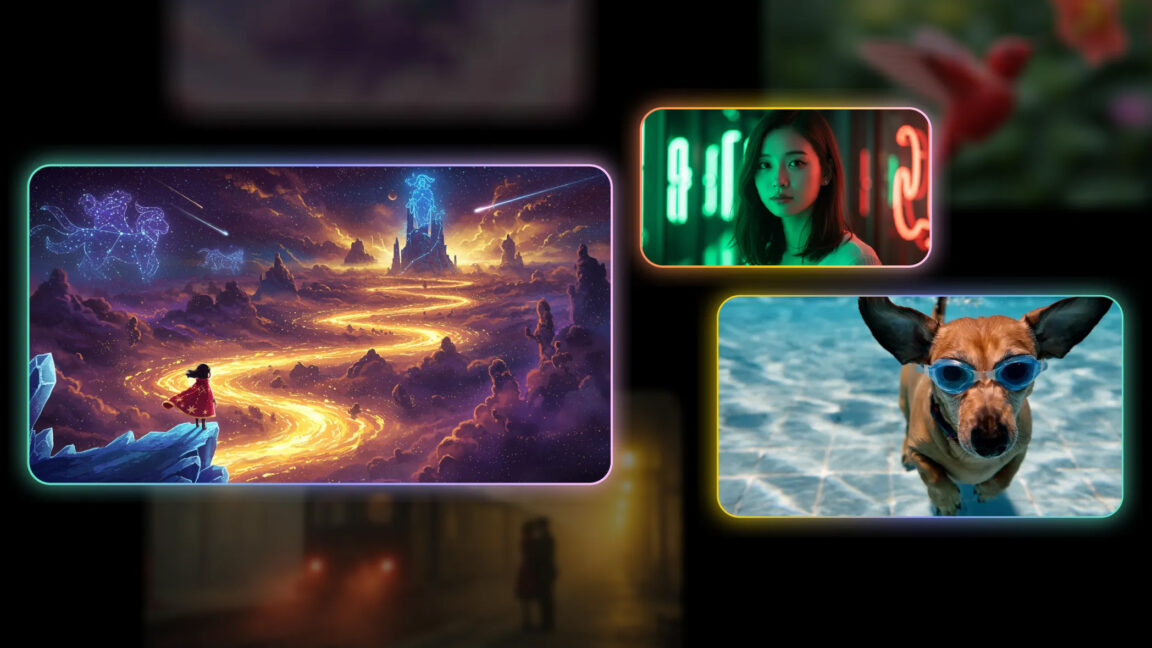

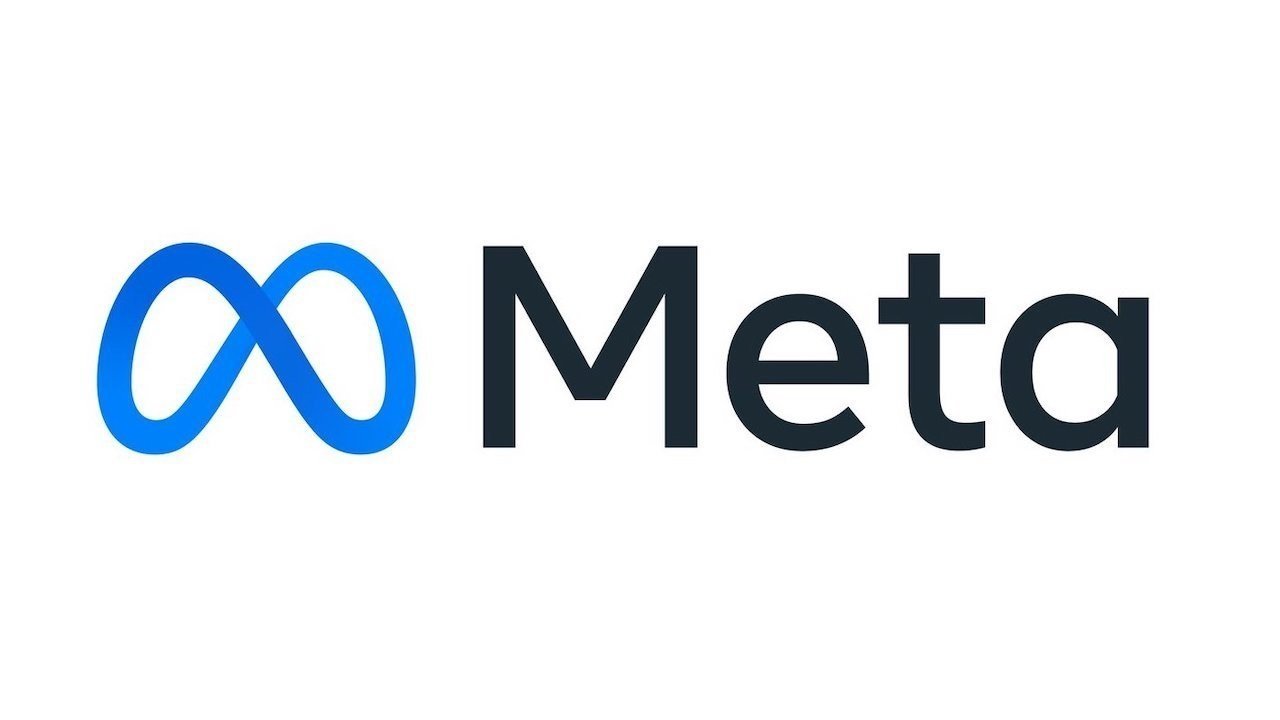






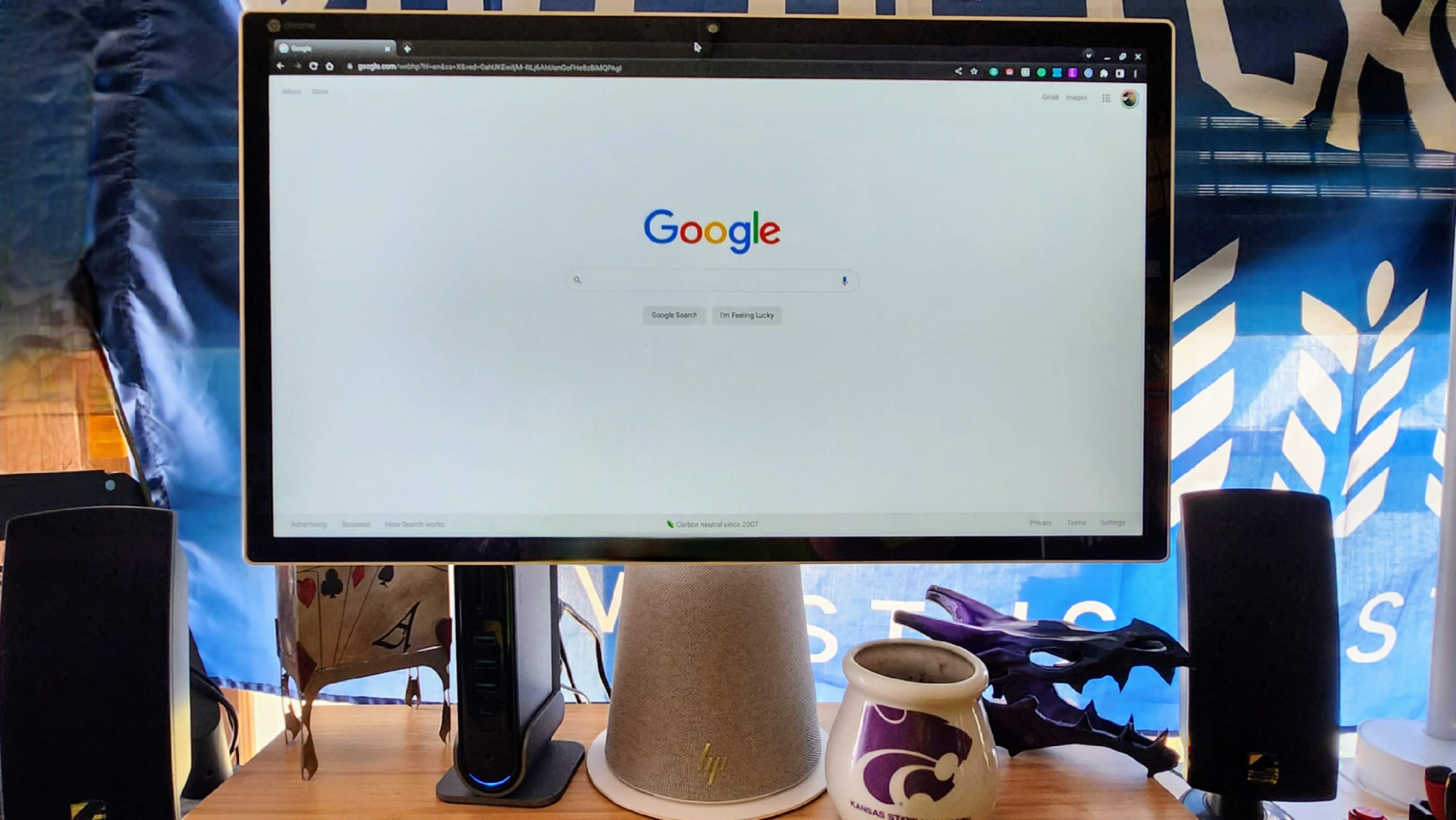
















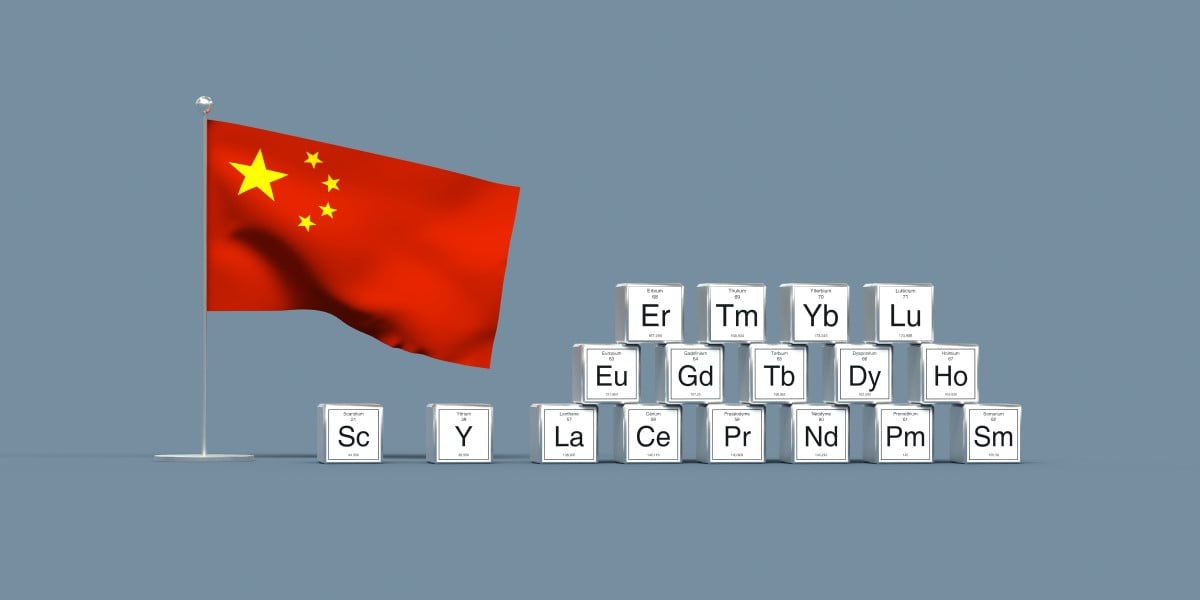




![Apple's Foldable iPhone May Cost Between $2100 and $2300 [Rumor]](https://www.iclarified.com/images/news/97028/97028/97028-640.jpg)
![Apple Releases Public Betas of iOS 18.5, iPadOS 18.5, macOS Sequoia 15.5 [Download]](https://www.iclarified.com/images/news/97024/97024/97024-640.jpg)

















